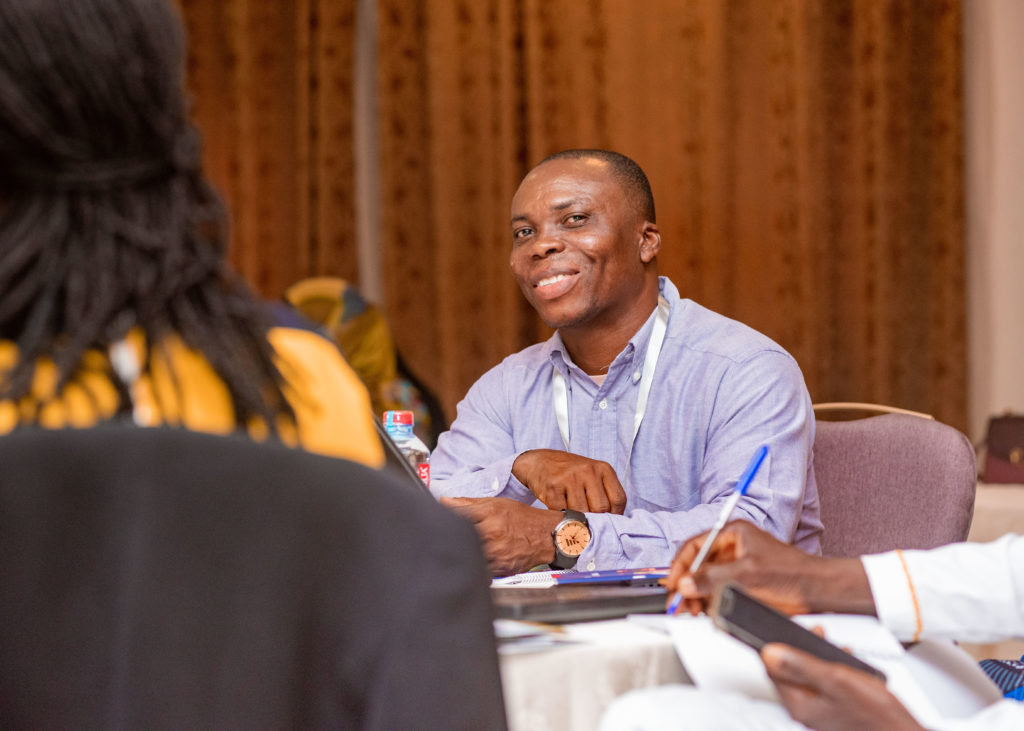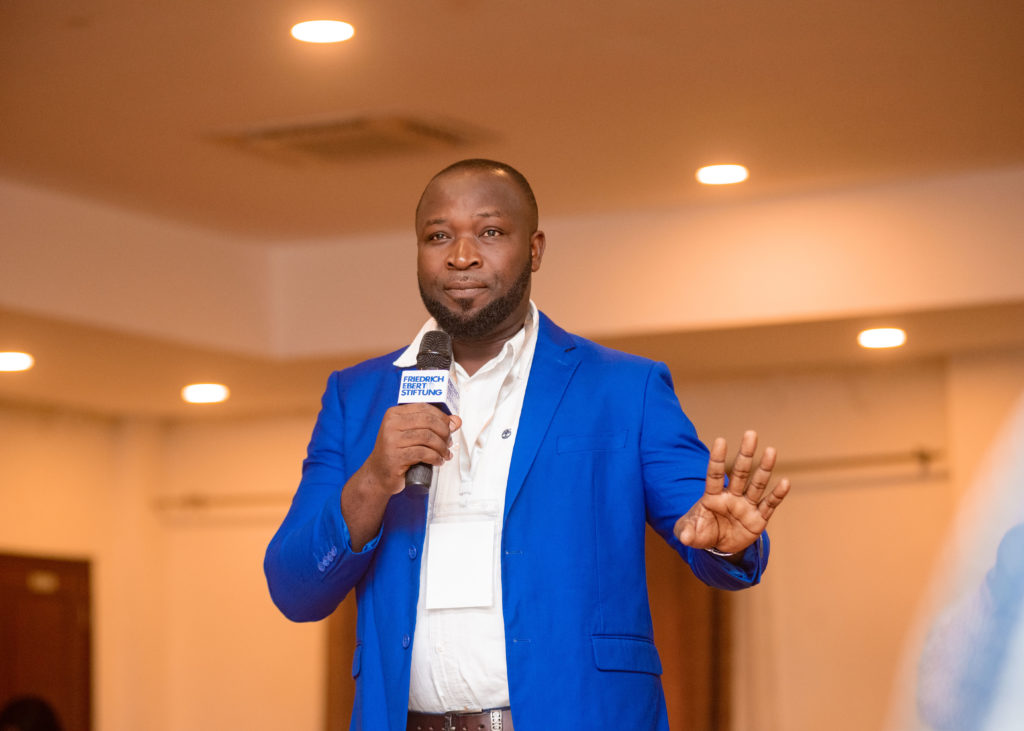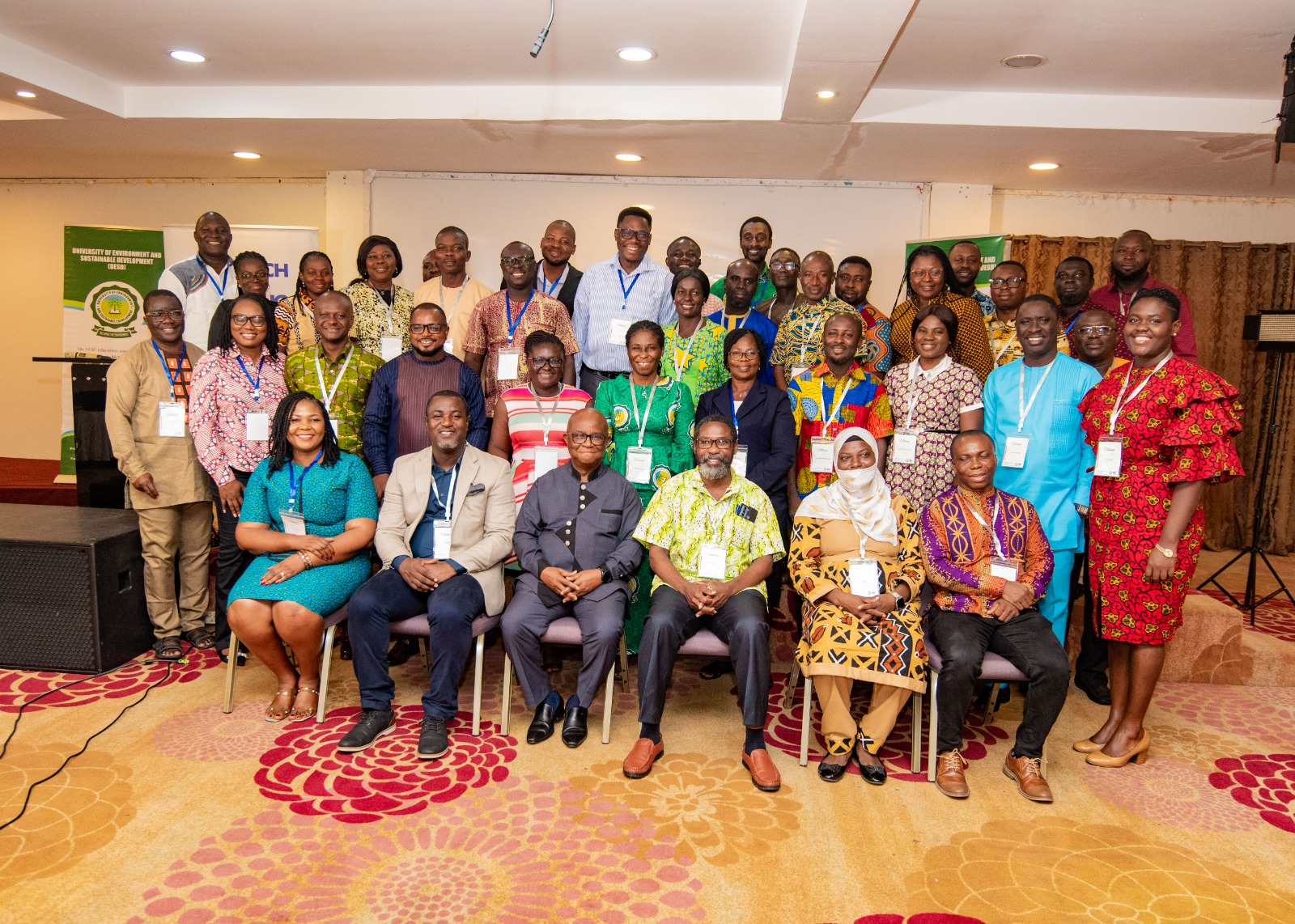Participants at the 3rd UESD/FES Sustainable Development Conference in the Volta Regional capital, Ho have recommended the introduction of a handbook to educate the Ghanaian populace on the Circular Economy Action Plan and the roles they can play to make it a success. They also want the education to start at the early stages of a child’s education to instill in the children the focus and importance of Circular Economy in the transformation of the country.
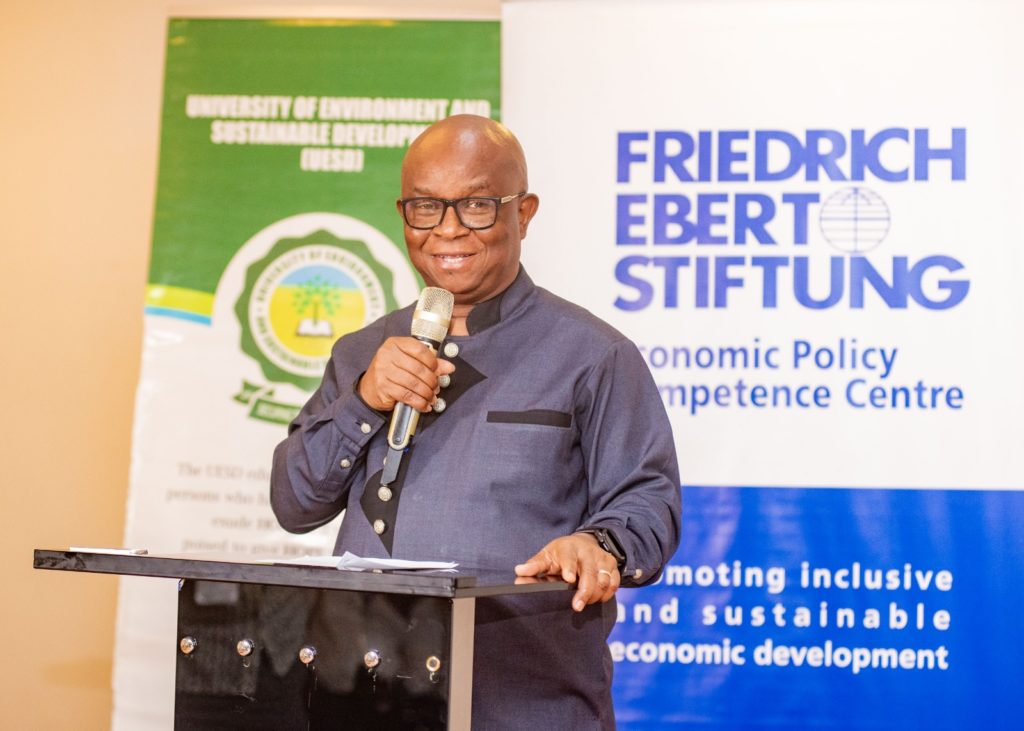
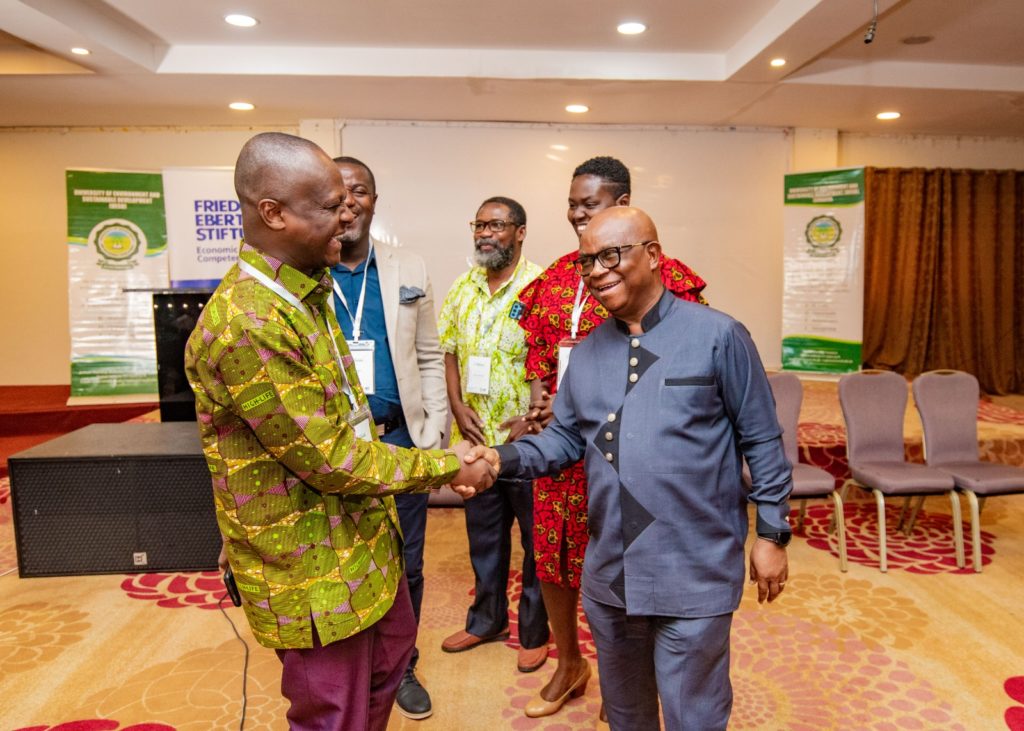
These were part of recommendations from panel discussions on the Key Note address delivered by the Managing Director of Africa Environmental Sanitation (AfES) Consult, Dr. Abena Asomaning on the topic:“Circular Economy Transition for Accelerated Green Job Opportunities, Water Access, Municipal Waste Concerns and Climate Change Mitigation.”
The three-day conference which had the general theme: “Circular Economy Transition for Accelerated Green Job Opportunities: A Stakeholder Engagement,” was attended by stakeholders of the University of Environment and Sustainable Development (UESD) in Academia, Industry, NGOs, Civil Society, Government Agencies and Agriculture.
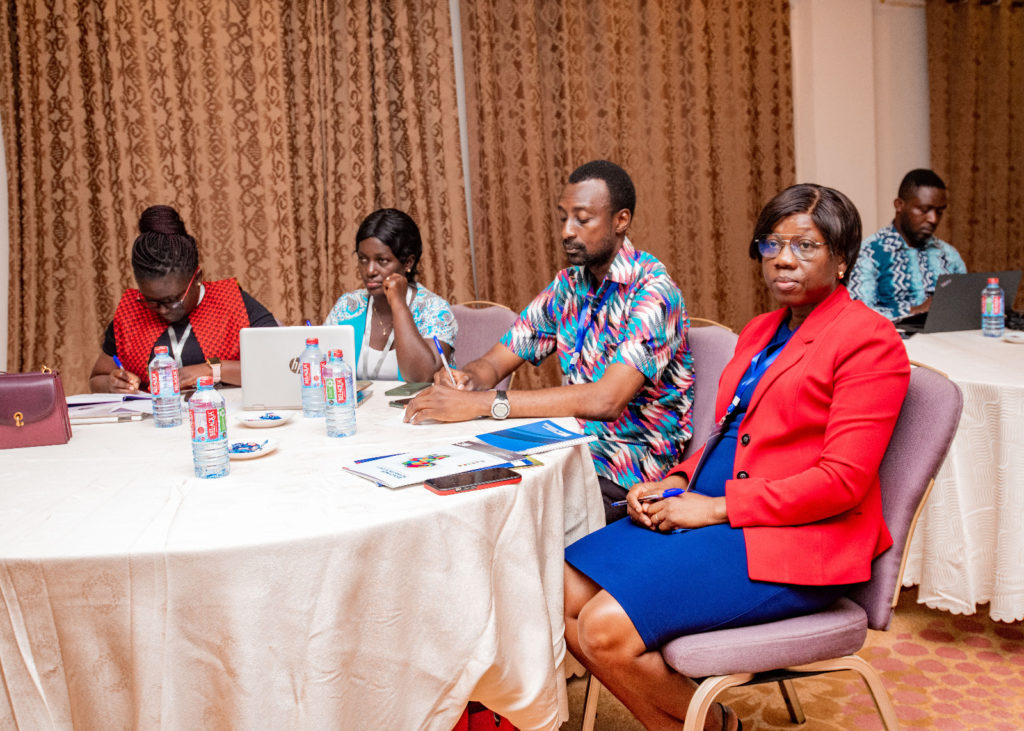
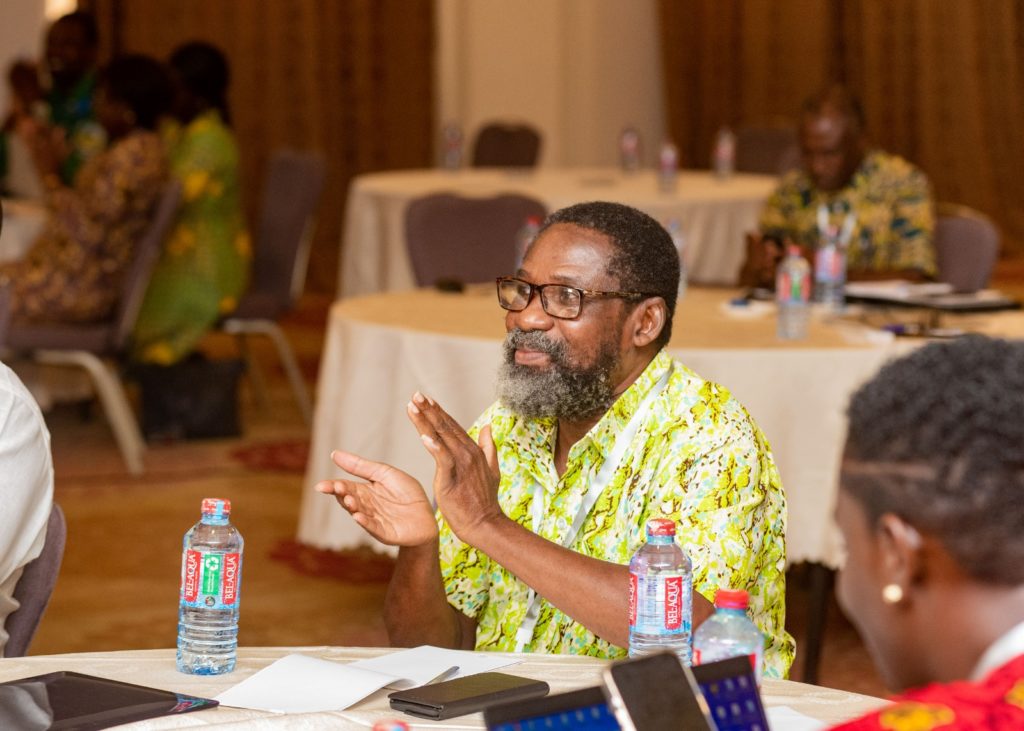
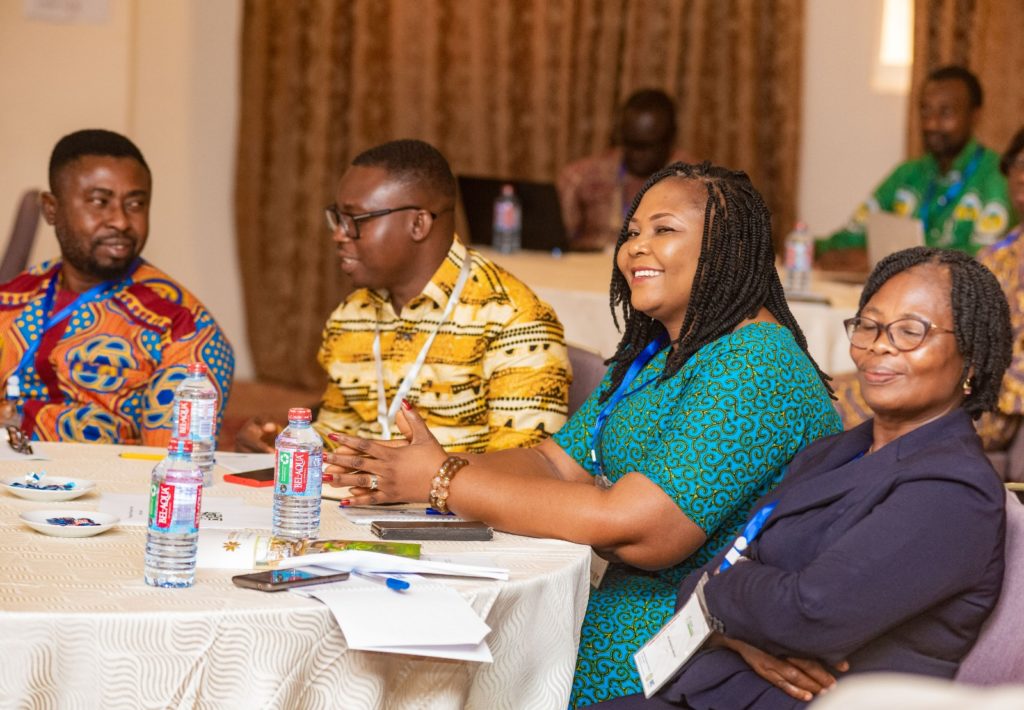
In her presentation, Dr. Asomaning called for swift action in the adaptation of a Circular Economy Action Plan in Ghana to minimise waste and promote sustainable use of natural resources, through smarter product design, recycling and the reuse of products aimed at rejuvenating and protecting the environment.

Dr. Asomaning explained that a circular economy will transform Ghana’s economy through the provision of green jobs, improve water bodies and access to clean water and address municipal waste concerns and climate change mitigation issues.
She stated the effects of minimizing waste and pollution, support adaption to the effect of climate change, drastic reduction of greenhouse gas emissions, and the improvement of energy and raw materials efficiency as some of the benefits of running a circular economy with the aim of improving health, and the creation of jobs.
The Chairman was the Vice-Chancellor of the University of Environment and Sustainable Development (UESD), Prof. Eric Nyarko Sampson. He commended participants for their active participation to discussions that could serve as a tool guide to the introduction and achievement of a circular economy in Ghana.
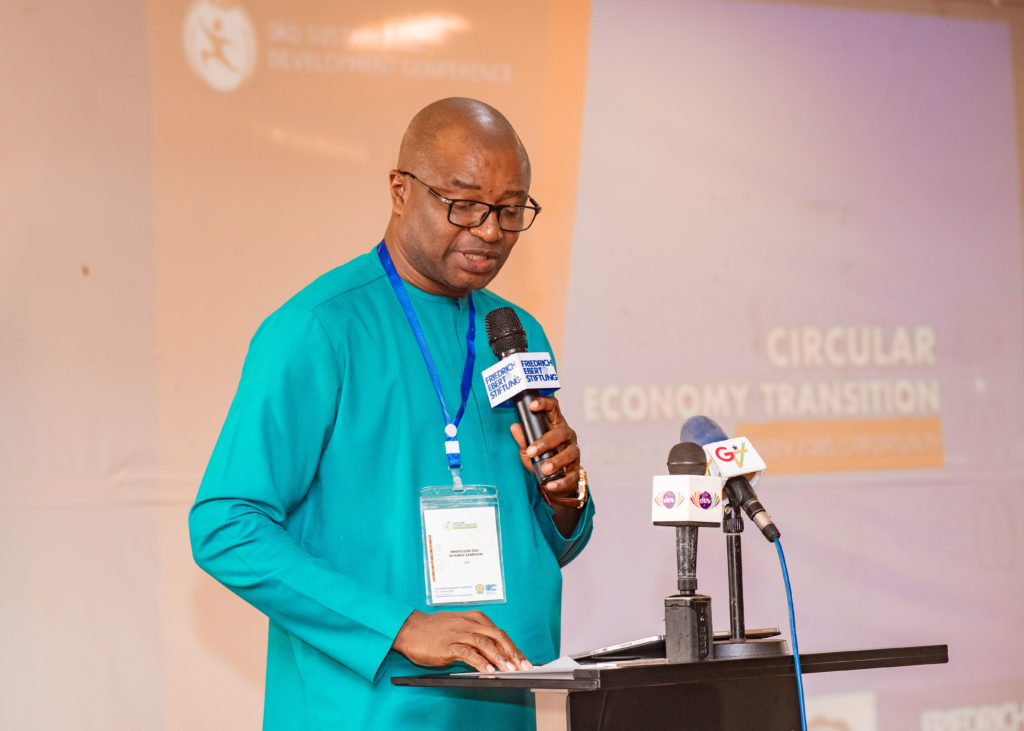
He quoted a UNDP report which showed that Ghana generates about twelve thousand tons of solid waste every day, with only 10 percent disposed of properly and recognised the threat this causes to the very foundation and existence particularly to the devastating impact of climate change, loss of biodiversity, and the depletion of finite resources.
He asserted that amidst these challenges however lies the opportunity for transformative change and a critical solution which is the transition to a circular economy. He lauded government’s efforts to introduce and maintain a circular economy.
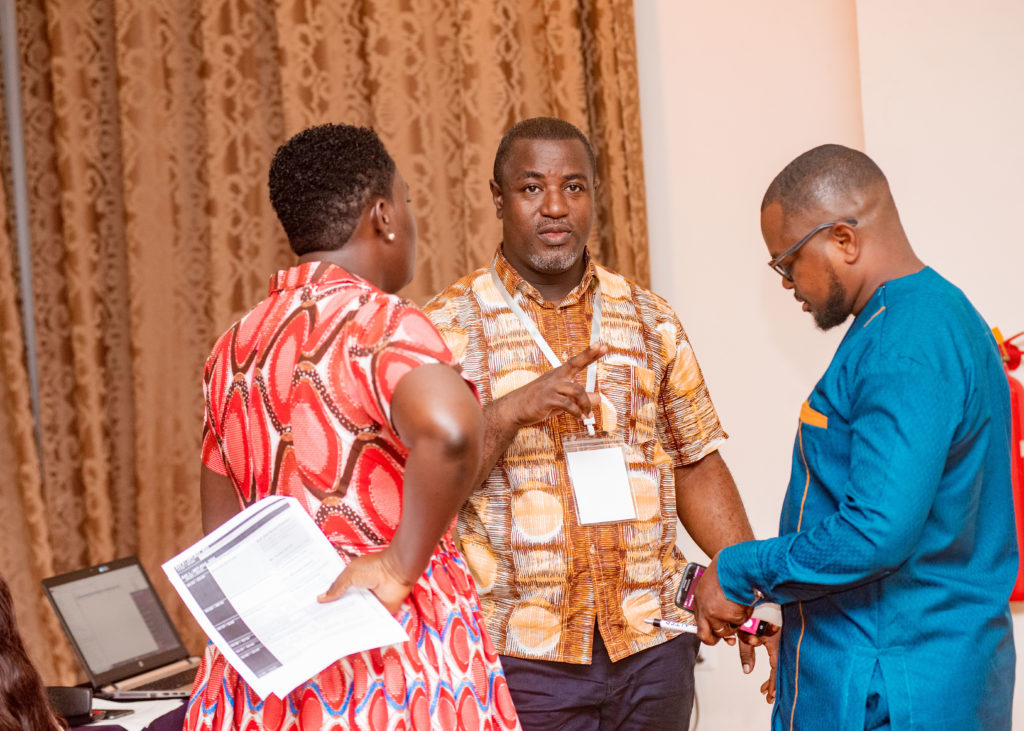
He said, the conference provides the appropriate platform for the astute researchers, and policy makers, industry leaders, Civil Society Organizations, and other stakeholders to engage in purposeful discussions to explore innovative solutions, to identify practical strategies, share best practices, and develop actionable recommendations to drive the Circular Economy transition, and unlock green job opportunities.
The Dean of the School of Sustainable Development, (SSD) Prof. Anthony Amoah, charged participants to come up with ideas relevant for policy formulation. He hoped that the introduction and adaptation of a Circular Economy will be Ghana’s breakthrough in its development agenda and its contribution to the achievement of the UN’s Strategic Development goals.
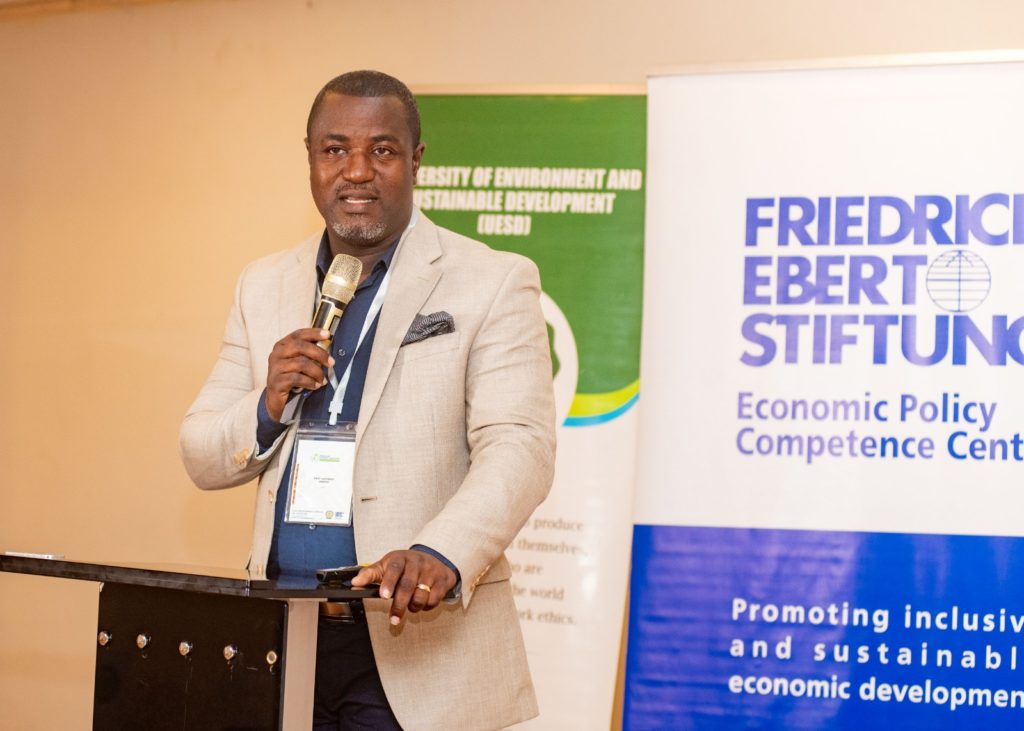
A Programmes Co-ordinator at the Friedrich Ebert Stiftung Economic Policy Competence Centre (FES.EPCC) Ms. Eunice Asiedu, called for efforts to strengthen decent workplace in Ghana’s quest to transition into a Circular Economy. She was confident discussions will delve into the linkage between the transition into circular economy and social and environmental protection.
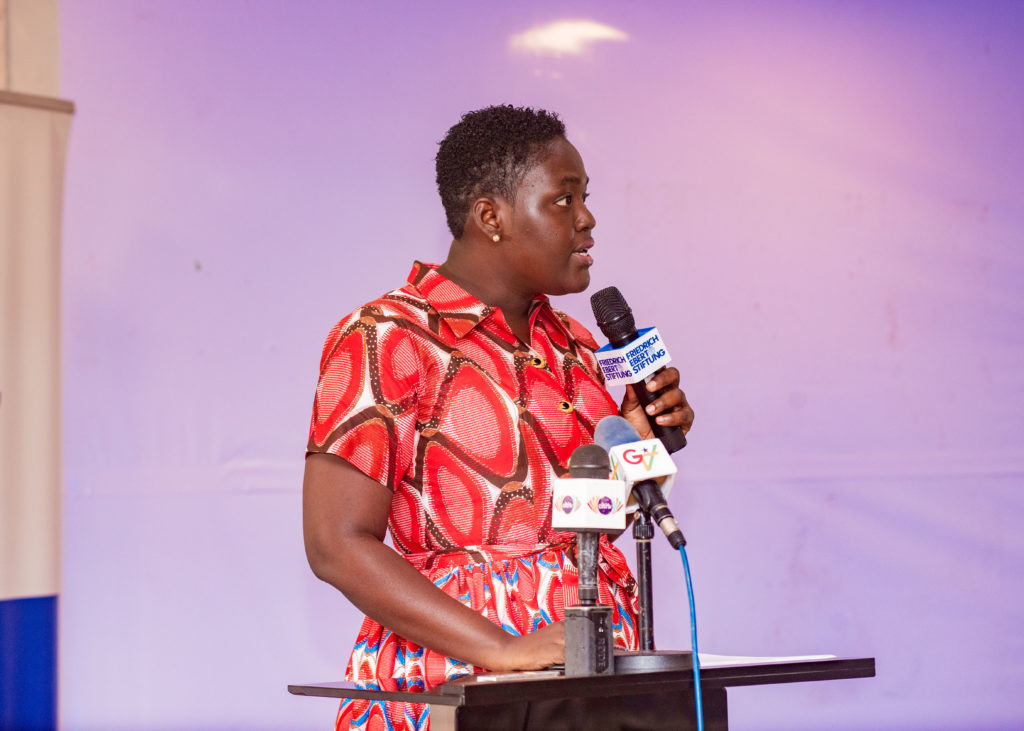
Ms. Asiedu congratulated UESD for being a reliable partner in policy discussion and formulation in a third (3rd) year running. She believed success chalked in recent years through partnership with UESD in similar projects informs and assures development of the economy through Circular Economy.
